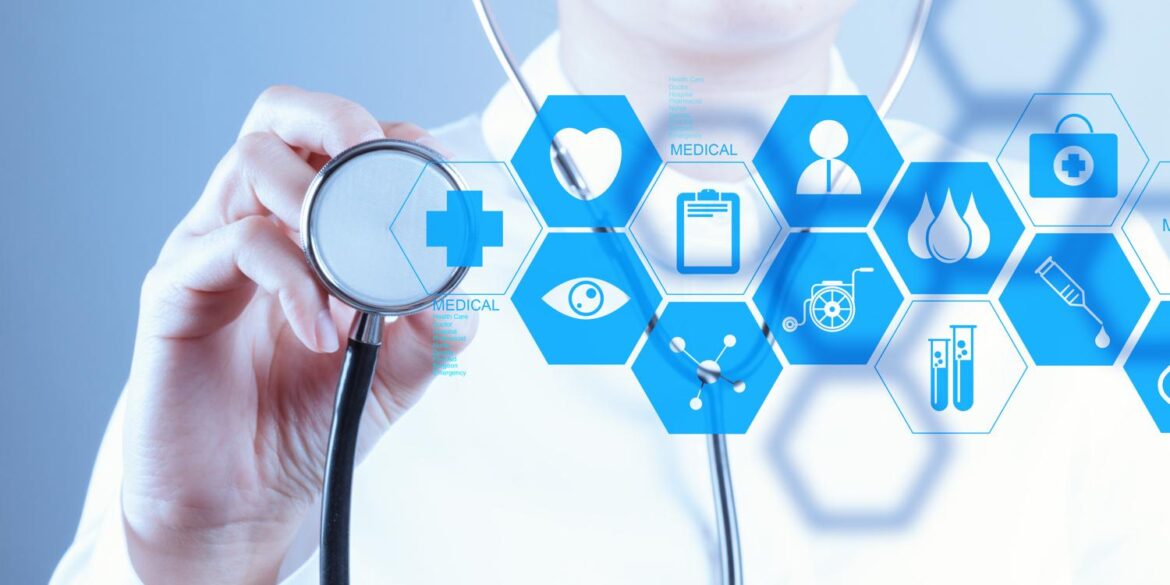
HCG and TRT are two hormonal treatments that are commonly used in men’s health. They are often used to address testosterone deficiencies and improve fertility. As a man, it is important to understand what these treatments are, how they work, and what their benefits and risks are. This comprehensive guide will provide you with all the information you need about trthcg.
What is HCG?
HCG, or human chorionic gonadotropin, is a hormone that is naturally produced in the placenta of pregnant women. It is often used as a fertility treatment in both men and women. In men, HCG stimulates the testes to produce testosterone and other androgens, which can improve symptoms associated with low testosterone levels such as fatigue, low libido, and erectile dysfunction. HCG is also sometimes used in conjunction with testosterone replacement therapy to maintain fertility.
What is TRT?
Testosterone replacement therapy, or TRT, is a type of hormone replacement therapy that is used to address low testosterone levels. Testosterone is an important hormone in men that is responsible for many physical and mental functions including muscle growth, bone density, mood regulation, and sexual function. When testosterone levels are low, men may experience fatigue, depression, low libido, and other symptoms. TRT can help to alleviate these symptoms and improve overall health and quality of life.
Benefits of HCG and TRT
There are many benefits to using HCG and TRT. For men with low testosterone levels, HCG and TRT can help to improve mood, energy levels, muscle mass, bone density, and sexual function. They can also improve fertility and overall reproductive health. For men who are already using TRT, HCG can help to maintain fertility and prevent testicular shrinkage.
Risks and Side Effects of HCG and TRT
Like any medical treatment, HCG and TRT come with potential risks and side effects. Common side effects of HCG include acne, breast enlargement, and mood swings. In rare cases, HCG can cause blood clots, stroke, or heart attack. TRT can also cause side effects such as acne, breast enlargement, and mood swings. More serious side effects of TRT include sleep apnea and an increased risk of prostate cancer.
Conclusion:
HCG and TRT are two important treatments in men’s health. They can help to improve testosterone levels, fertility, and overall health and quality of life. However, it is important to understand the potential risks and side effects of these treatments. Before starting any hormonal treatment, it is important to consult with a healthcare provider to discuss the best course of treatment and determine if HCG and TRT are right for you.

